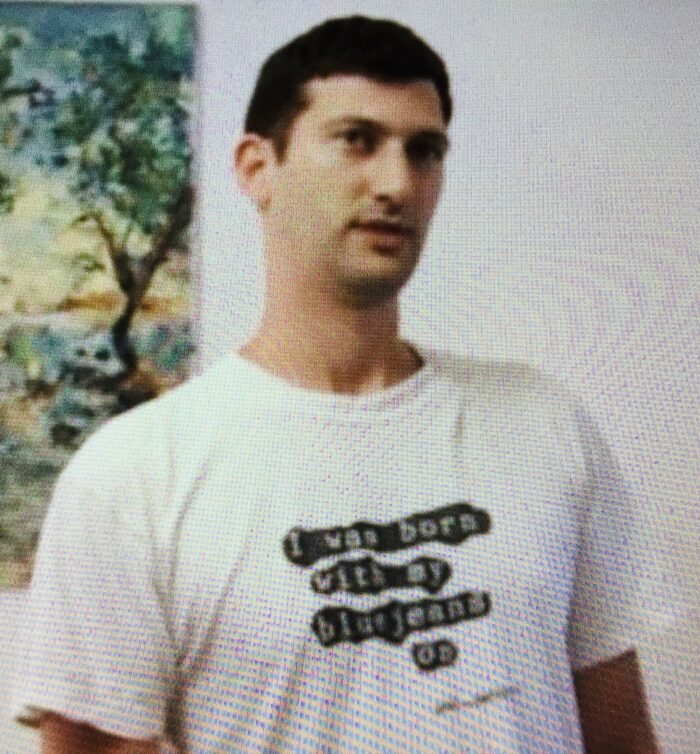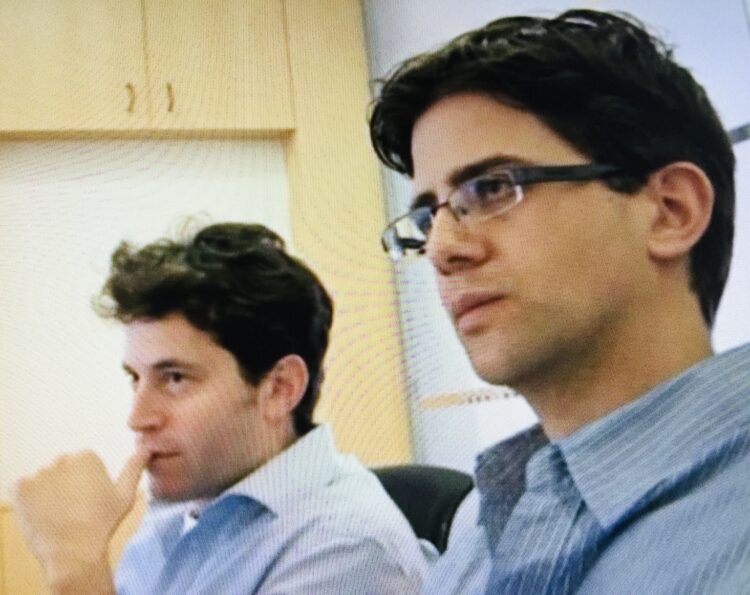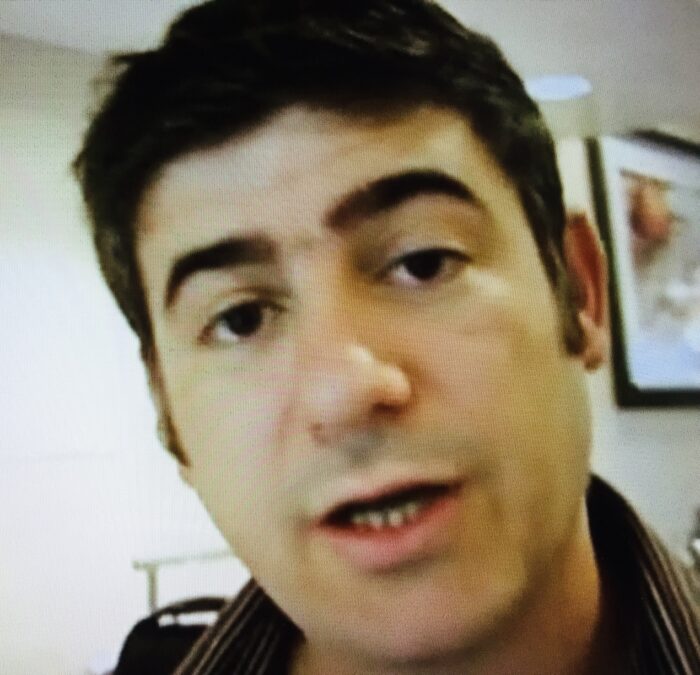Due to its position as a startup nation, Israel has often been compared to Silicon Valley in California.
There is something to be said for that comparison.
Investments in Israel’s high-tech industry are forecast to reach $7.5 billion this year. This is a substantial figure, but investors poured $15 billion and $25 billion into Israeli startups in the previous two years.
There are clearly investment funds sloshing around Israel for the next bright new idea that can generate substantial profits, but Prime Minister Benjamin Netanyahu’s plan to overhaul the judiciary has had a chilling effect.
According to a survey by Start-Up Nation Central, which tracks the Israeli tech scene, nearly 70 percent of Israel’s startups intend to shift parts of their businesses overseas because of their unease over Netanyahu’s intentions.
During normal times, potential investors tend to be cautious when they’re considering fresh proposals from tech developers, says the Israeli documentary Silicon Wadi. Directed by Daniel Sivan and Yossi Bloch, and now available on the ChaiFlicks streaming platform, this sober and revealing film follows the fortunes of four enterprising Israelis trying to cash in on their ideas.
Ido Volff, a college dropout from Tel Aviv, is the founder of Sleeve, a digital notebook that, he claims, makes learning at the university level fun and easy.
Elran Malul and Noam Toister are the founders of ShopRooster, an app that enables shoppers to find good deals on demand.
Yossi Taguri founded FiddMe, an app which directs users to fine restaurants and cafes.
All four seek development funds to take their respective projects to the next level. The investors they encounter in Israel and the United States admire their work ethic and pluck, but at the end of the day, they have exacting standards and expectations that few can meet.

Volff, a former computer technician, has been toiling to make a success of Sleeve, but he faces bankruptcy. In a last-ditch attempt to get it off the ground, he goes to the United States to meet a batch of investors.
One of his presentations leaves them cold, as a supporter candidly informs him. Disappointed in himself, Volff practices and refines his pitch to impress investors.
He improves his performance in the next appearance, receiving “amazing feedback.” But talk is cheap. Funds are not forthcoming, though one investor voices confidence in Volff’s venture. Indeed, Volff claws his way back of solvency.
Malul and Toister, though partners, disagree on strategy, quarrel all too often, and convey the impression that they dislike each other. Upon Malul’s return from a one-month honeymoon in Thailand, Toister hands him bad news. He intends to replace him as chief executive officer.

As Malul walks out in a huff, he says, “We’re at a point of contention.”
That is putting it mildly.
Before long, Toister decides he can no longer work with Malul and says he wants him out of the company. They go their separate ways. Toister establishes a new startup, while Malul accepts a position at a medical supply firm.
Taguri desperately needs an infusion of money if FiddMe is to survive. He approaches Pitango, a capital fund, and asks for $400,000, a sum that would enable him to expand abroad.
Rejected by a cold-eyed Pitango executive, Taguri takes his proposal to the United States. After seven weeks of effort, he comes up short and returns to Israel.

Taguri, however, is still bursting with creativity and self-confidence and starts a new company.
Silicon Wadi underscores the fact that, while the high-tech sector in Israel is booming and lucrative, the competition is fierce and leaves some startups writhing in the dust.
